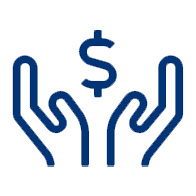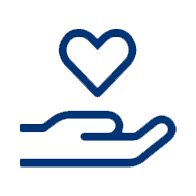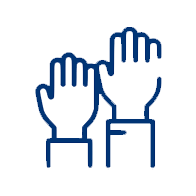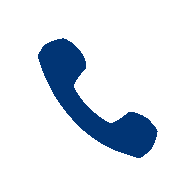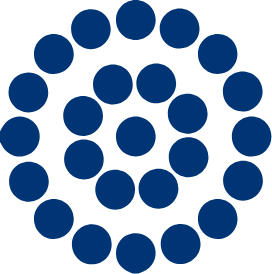Below are some common signs of substance misuse but be mindful that these are just some examples and each individual may experience and respond in different ways.
- Finding it difficult to meet responsibilities
- Withdrawing from activities or not enjoying activities that used to provide satisfaction e.g. work, family, hobbies, sports, socialising.
- Taking part in more dangerous or risky behaviours e.g. drink driving, unprotected sex, using dirty needles.
- Behaviour changes e.g. stealing, exhibiting violence behaviour toward others.
- Conflict with partner/family/friends, losing friends.
- Experiencing signs of depression, anxiety, paranoia or psychosis.
- Needing more substance to experience the same effects, cravings and urges to use the substance and symptoms of withdrawal when not using the substance.
- Having difficulty reducing or stopping substance use.

